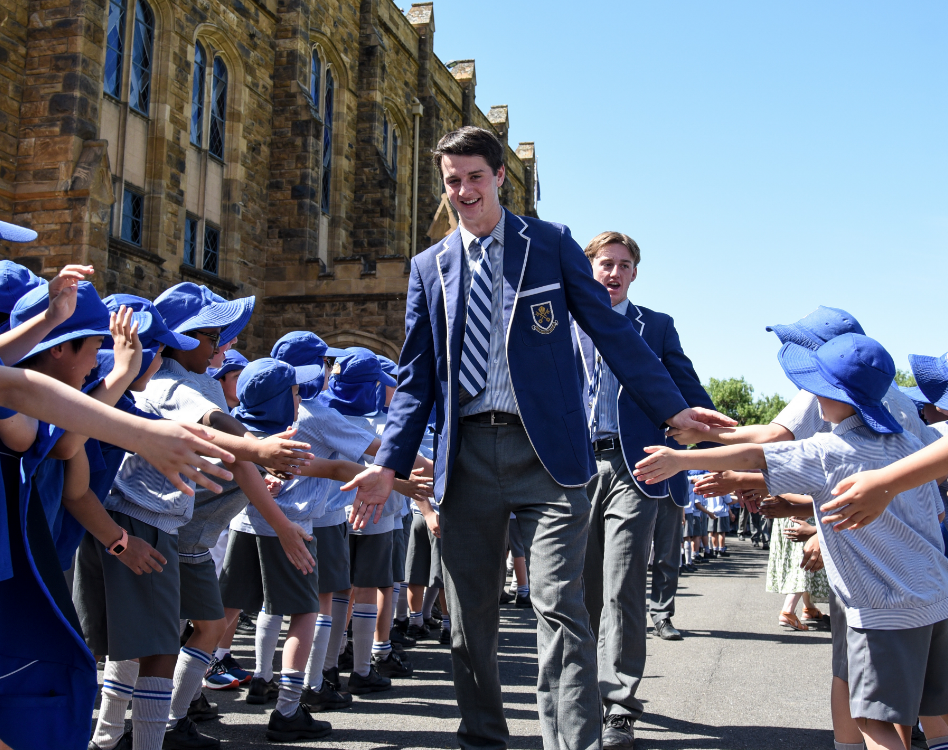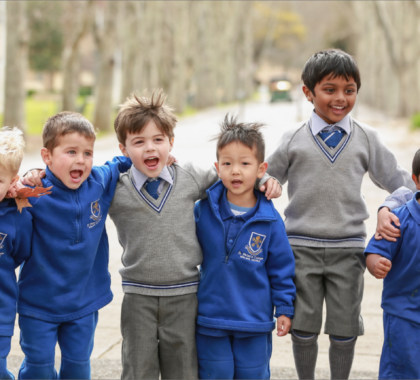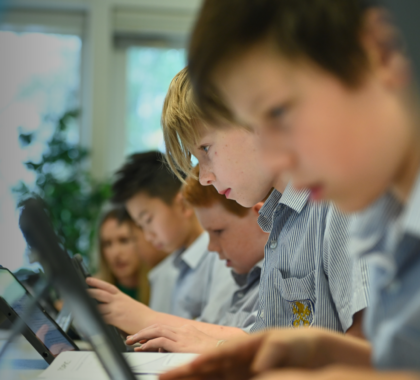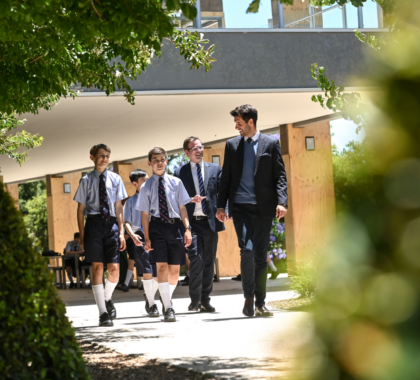Welcome to the Senior Years
Our Senior Years incorporates students from Years 9 to 12. Combined with the Middle Years, the Senior School is home to around 1,000 boys including 100 boarders. A busy and vibrant place, the Senior School is a supportive community in which students pursue interests and talents both in and out of the classroom.
Supported by their peers and a committed team of staff, students start to feel more comfortable with themselves and begin to make decisions about their learning and future beyond school.
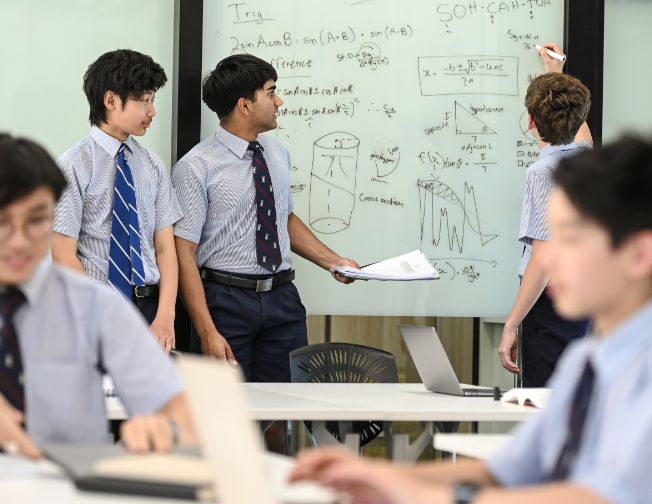
Academic Excellence
St Peter’s College is widely recognised for the academic success of our students. We offer an unrivalled academic program designed to bring out the best in your son.
Our broad curriculum is designed to meet the intellectual demands of contemporary society and will equip your son with the knowledge, skills and understanding to succeed at life at school and beyond.
Igniting Active Learners
The academic focus sharpens in the Senior Years and students are encouraged to explore ideas, develop practical skills and enhance their curiosity and understanding of the world. Students have the opportunity to learn from a passionate team of teachers in an inspiring environment, one that reflects our history as much as our drive to be an exceptional community of learning.
The School strikes a balance between core subjects and an exciting program of electives.
In Years 9 and 10, students are given more space to direct their own learning. In Year 9 students are still required to study a language, but beyond this constraint, students are free to choose from over 60 semesterised, elective subjects that speak to the values of student passion and inter-disciplinary learning.
While students study science as a single subject in Years 7 to 9, in Year 10 the science program divides into three specialised subjects of biology, physics and chemistry, which are studied in a trimester model.
Our “stage not age” approach means that some students in Years 9 and 10 may have the opportunity to study courses and materials beyond their year level.
Learning leading into Year 11 and 12 is designed to provide a firm basis for students in Years 11 and 12 to complete the South Australian Certificate of Education (SACE).
The School offers over 25 SACE subjects, in six different areas, to enable students to select a course of study that aligns with their abilities and interests. All three languages (Chinese, French and German) are offered in Years 11 and 12.
Most SACE Year 12 subjects are now offered in Year 11 for learners in need of acceleration and enrichment. This approach means that may senior classes operate on a ‘stage not age’ basis.
The School teaches a number of university subjects onsite using tertiary-vetted SPSC teachers to guide Year 12 students through Pre-Philosophy, Pre-Law and Pre-Medicine streams.
The School also mentors learners through various university subjects outside the onsite program. The program allows students to challenge themselves intellectually and begin studying university degree courses before they have finished Year 12.
For the majority of boys, educational needs are met through curriculum planning with curriculum content varied to reflect the particular needs of a class group. Subject planning recognises the needs of all boys as individuals and those whose needs are exceptional are supported by additional provisions.
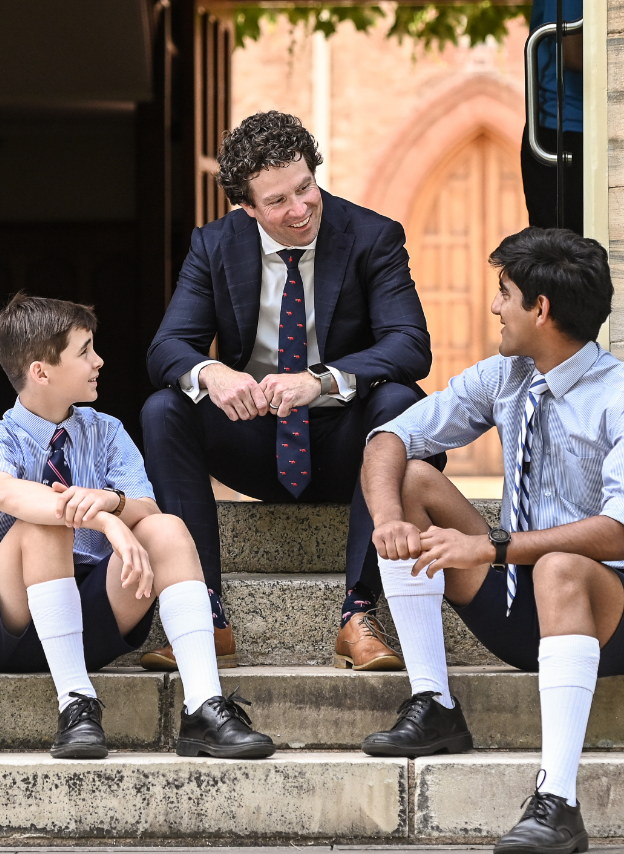
MEET THE DEPUTY HEADMASTER/HEAD OF SENIOR SCHOOL
David Nolan
“My passion for holistic education is captured in the philosophy that ‘The heart of education is education of the heart’.”
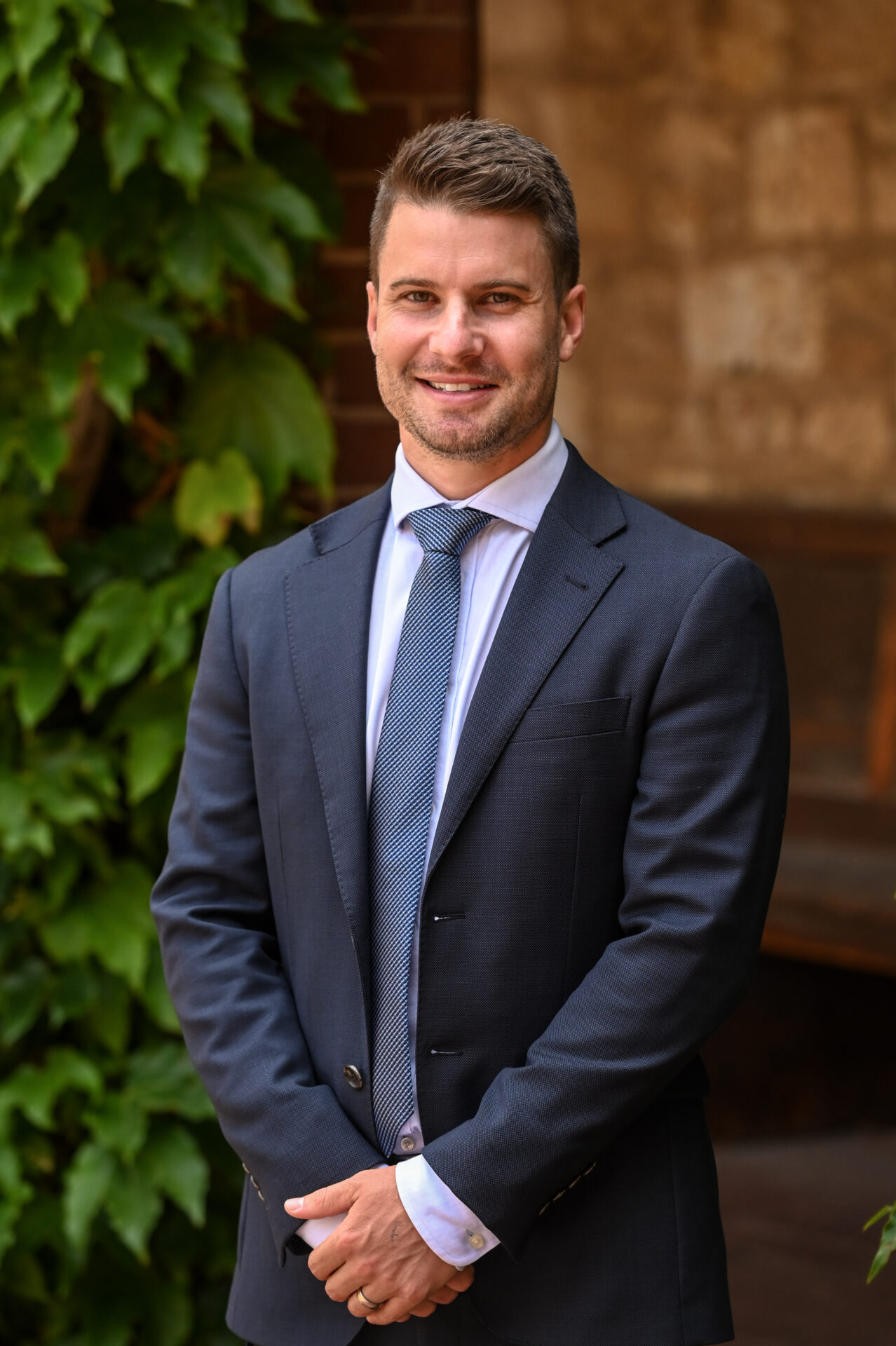
Deputy Head of Senior School - Students -
Years 11 and 12
Michael Lucas
“In my view, never has it been more important to express why a broad and liberal, all-boys education has such a significant role to play in the educational and personal development of young boys into strong and lovely young men. This is our mission at St Peter’s College."
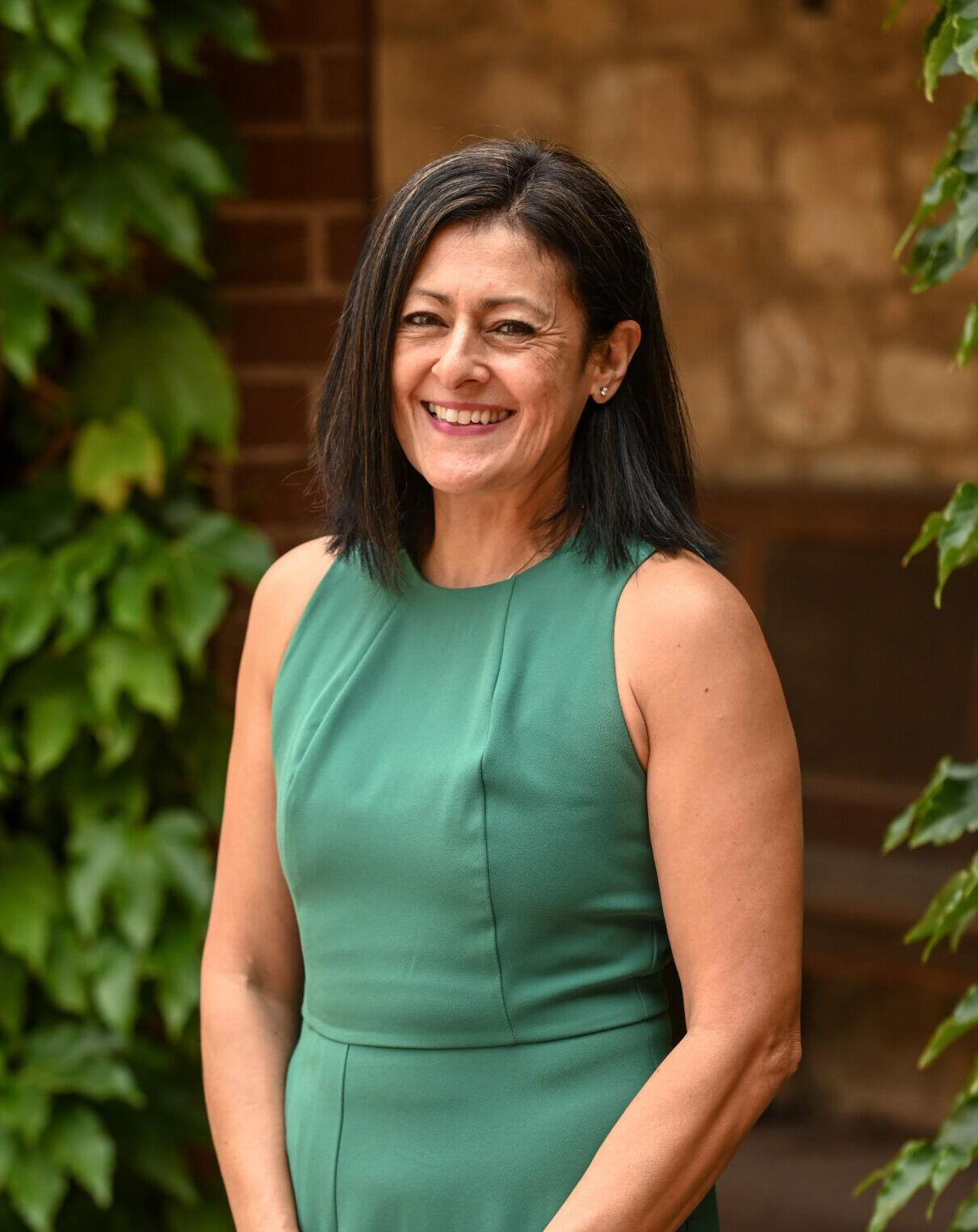
Deputy Head of Senior School - Students -
Years 9 and 10
Ana Christensen
"The richness of our pastoral care system is one of our distinguishing features. At St Peter’s College we strive to create a positive and supportive environment where students feel valued, respected, and challenged to become the best version of themselves."
Pastoral Care
Our pastoral care structures provide the support to build a strong sense of community across the Senior Years. Our House system is central to this pastoral care model, with students remaining in the same House from Years 7 to 12. In Years 9 to 12 students are organised into smaller groups, known as Mentor groups, under the care of a House Mentor.
Through our Chapel program students are encouraged to develop an appreciation of the role that spirituality has in wellbeing. We impart our Anglican values directly through our House Chapel Services, School Musters, and indirectly through the role-modelling of our teachers and through the celebration of students past and present who have represented these values to all.
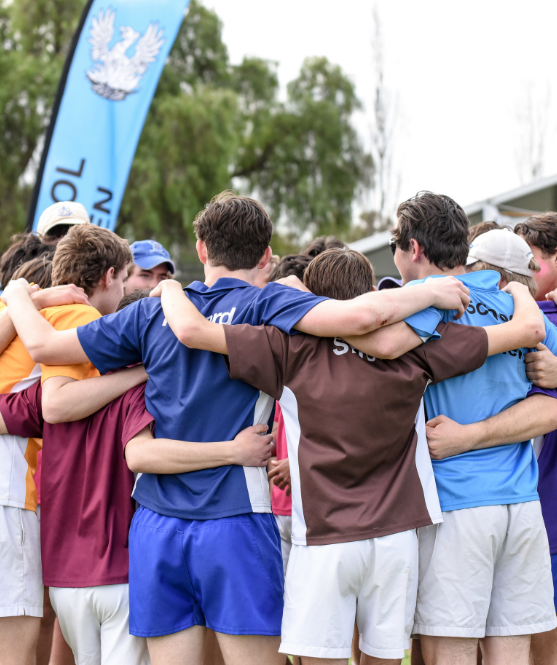
Pastoral Care
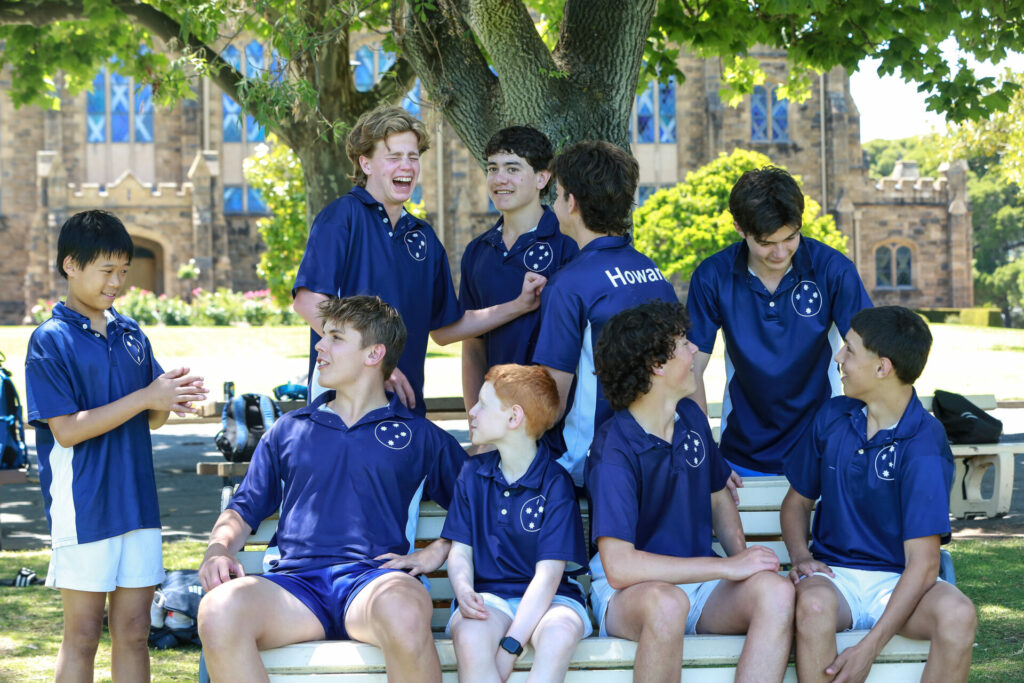
Our pastoral care structures provide the support to build a strong sense of community across the Senior Years. Our House system is central to this pastoral care model, with students remaining in the same House from Years 7 to 12. In Years 9 to 12 students are organised into smaller groups, known as Mentor groups, under the care of a House Mentor.
Through our Chapel program students are encouraged to develop an appreciation of the role that spirituality has in wellbeing. We impart our Anglican values directly through our House Chapel Services, School Musters, and indirectly through the role-modelling of our teachers and through the celebration of students past and present who have represented these values to all.
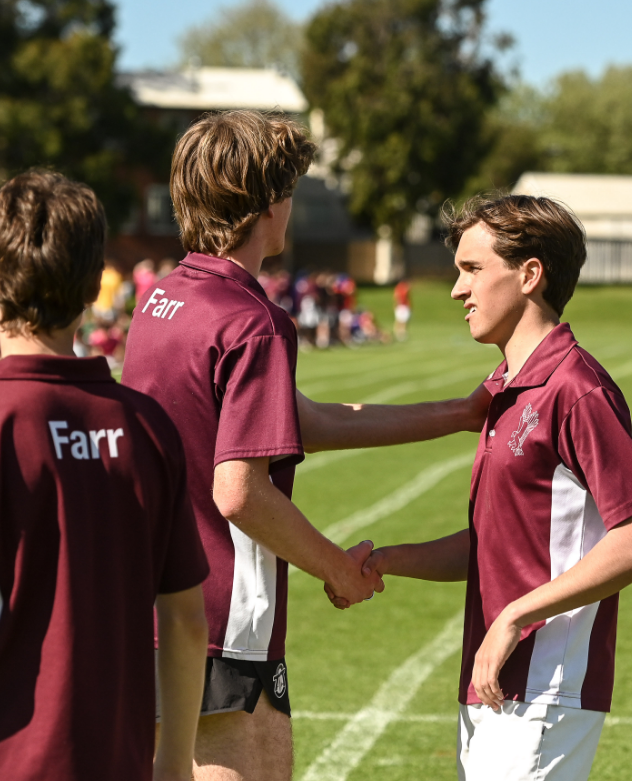

Learning Beyond the Classroom
Our Outdoor Education program plays a vital role in providing a holistic education for every student. Throughout the Senior Years, outdoor education activities provide unique learning opportunities that build self-reliance, confidence to take risks and a sense of responsibility.
Year 9: Students journey in small groups exploring wilderness areas of the Yorke Peninsula. They are challenged mentally and physically which prepares them for their Year 10 21-day journey.
Year 10: The Pushing the Boundaries Program culminates in a 21-day journey at the end of Semester 1. Students, in small expedition groups, complete an epic journey through the Flinders Ranges. Activities include adseiling, rock climbing, hiking and mountain bike riding. During this challenging journey students explore themes of character and challenge and experience a solo night in the wilderness.

Learning Beyond the Classroom
Our Outdoor Education program plays a vital role in providing a holistic education for every student. Throughout the Senior Years, outdoor education activities provide unique learning opportunities that build self-reliance, confidence to take risks and a sense of responsibility.
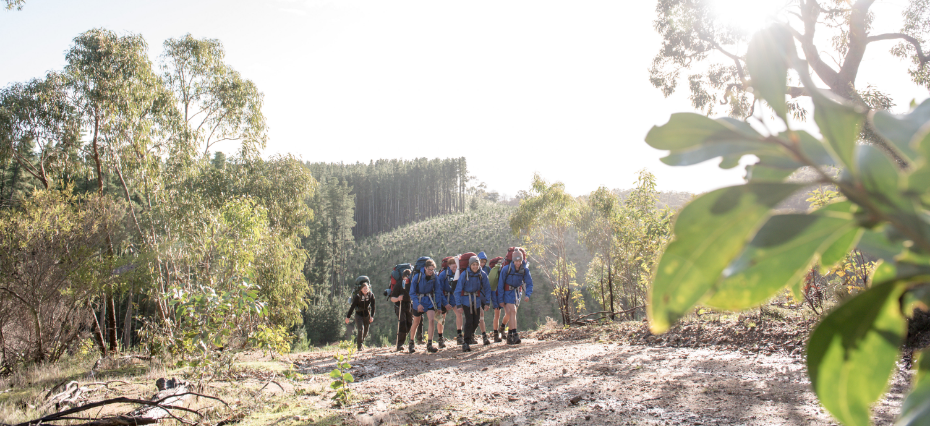
Year 9: Students journey in small groups exploring wilderness areas of the Yorke Peninsula. They are challenged mentally and physically which prepares them for their Year 10 21-day journey.
Year 10: The Pushing the Boundaries Program culminates in a 21-day journey at the end of Semester 1. Students, in small expedition groups, complete an epic journey through the Flinders Ranges. Activities include adseiling, rock climbing, hiking and mountain bike riding. During this challenging journey students explore themes of character and challenge and experience a solo night in the wilderness.
Community Engagement
Serving our community is central to our School values. Across the Senior Years we provide our students with authentic, relational and meaningful Service Learning activities and programs that promote student growth and benefit the wider community.
All students are expected to commit to 20 hours of community service and volunteer in a range of local community groups, charities and organisations.
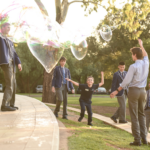
Community Engagement

Serving our community is central to our School values. Across the Senior Years we provide our students with authentic, relational and meaningful Service Learning activities and programs that promote student growth and benefit the wider community.
All students are expected to commit to 20 hours of community service and volunteer in a range of local community groups, charities and organisations.

Accelerating Passions and Pursuits
Co-curricular activities play an important role in the life of a St Peter’s College student. We are committed to helping students understand the lifelong benefits of engagement in sport and cultural pursuits. Your son’s commitment to a co-curricular activity whether it be sport, music or the performing arts is seen as integral to the way he learns about himself and others.
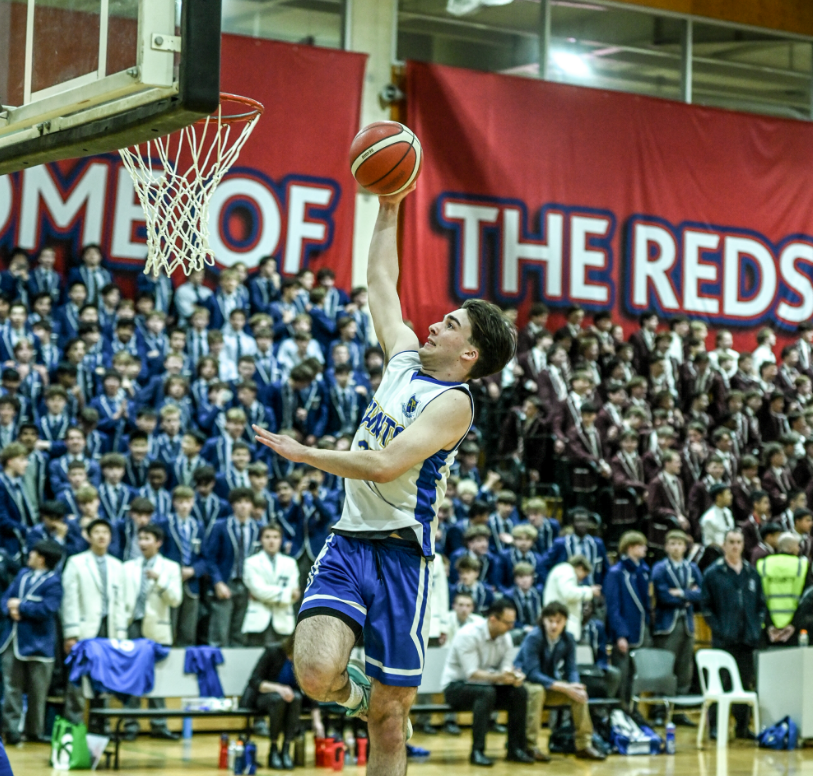
Sport
All boys in Years 9 to 12 participate in sports and can choose from an extensive list of summer and winter sport options. Our programs cater for those students whom sport is purely a leisure activity as well as those who aim to enter into elite competition.
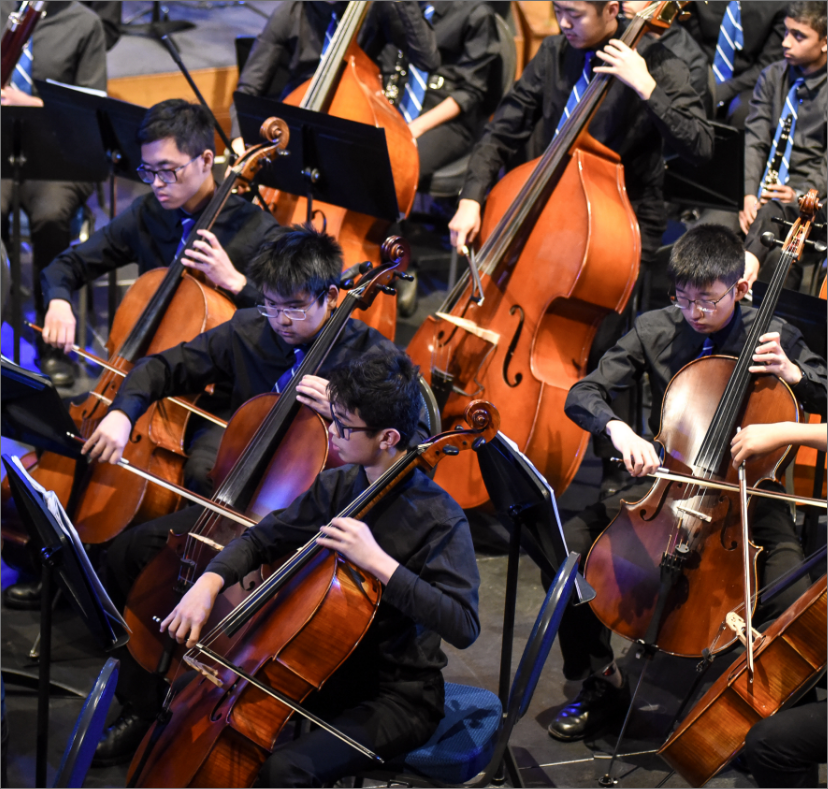
Music
An appreciation for music is developed from an early age at St Peter’s College. From the Early Years through to Year 12, students are encouraged to explore music in a variety of forms and refine their musicianship skills. From Year 9 Music is offered as an elective.
Our extensive co-curricular ensemble program provides students opportunities to perform in concerts and participate in interstate and overseas tours. Each week more than 20 ensembles and choirs rehearse and around 500 students enjoy private Music lessons.
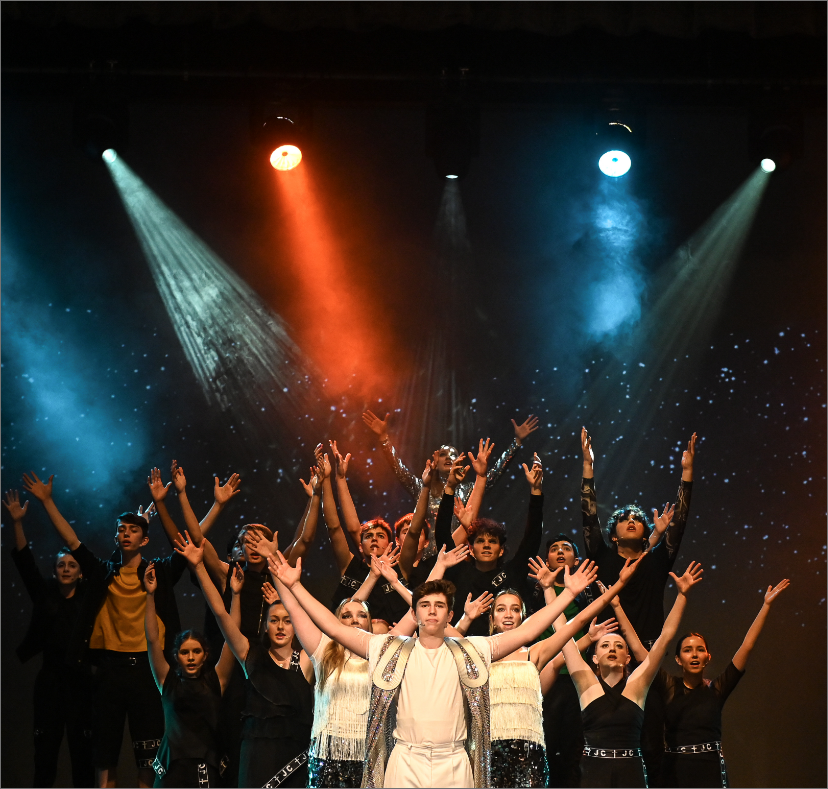
Visual and Performing Arts
Our Visual and Performing Arts programs ignite creativity, foster talent and provide opportunities for self-expression. Students can participate in productions and musicals and the annual Artist-in-Residence program sees students benefit from firsthand interactions with professional artists.
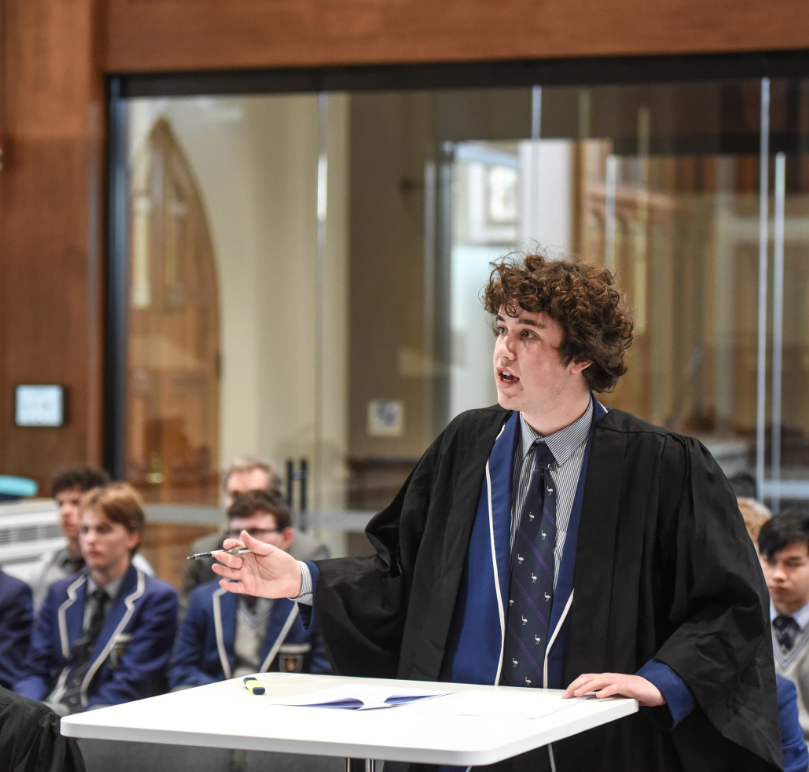
Clubs and Societies
The School offers an extensive range of clubs and societies to complement the academic, performing arts and sporting programs.
Join us at an Open Morning
Experience firsthand the soul and integrity of our School
Visit our School